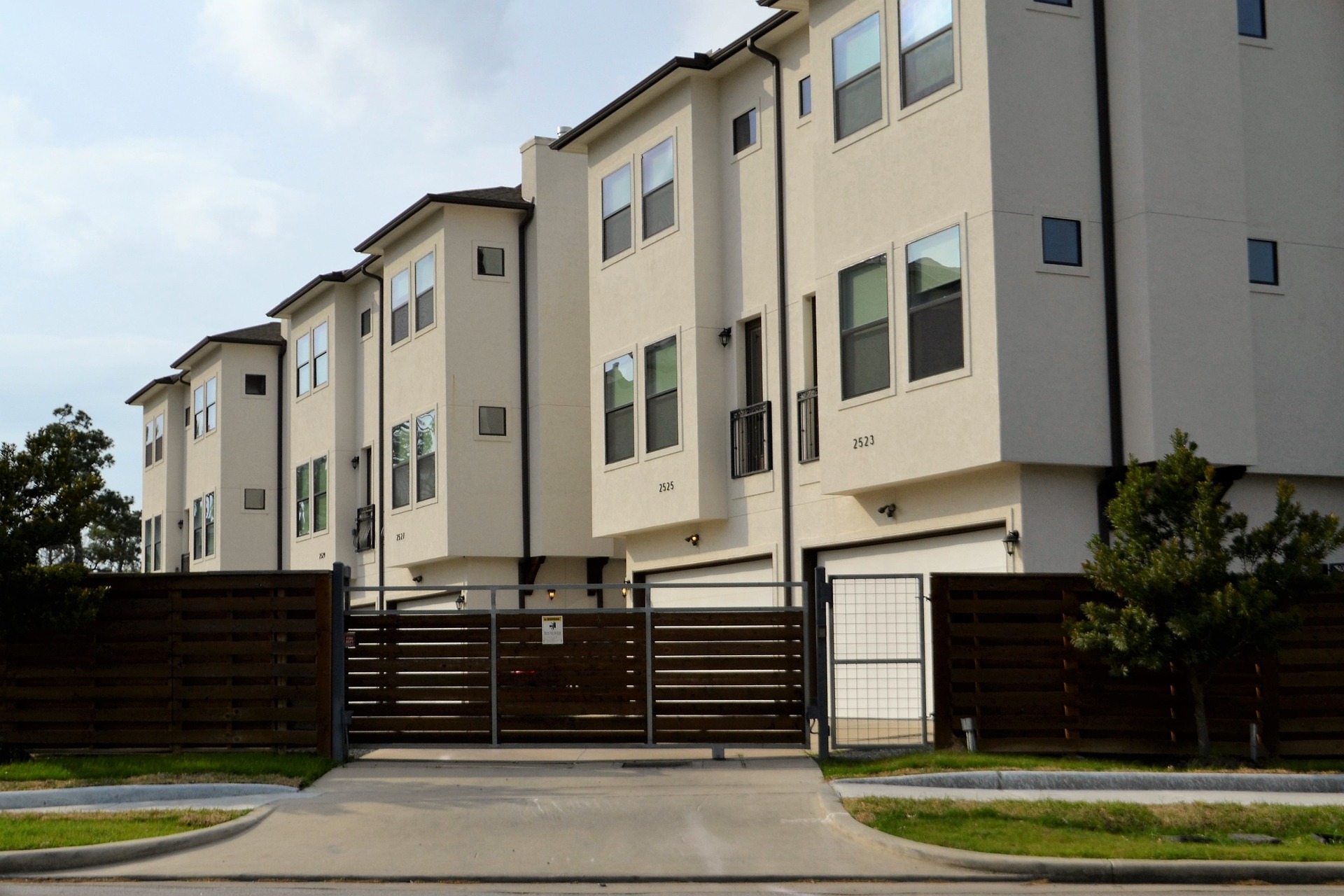

Question: What is the Difference Between a Condo Townhouse and a Townhouse?
Answer: Differences between and condo townhouse and a townhouse include: A condo townhouse shares ownership of common areas and exterior maintenance with other unit owners, whereas a townhouse owner owns the structure and land it sits on.
Condo Townhouse vs Townhouse
Many prospective homebuyers often encounter confusion surrounding the terms “condo townhouse” and “townhouse.” While seemingly similar, critical differences exist between these two types of housing. Understanding these distinctions is important for making informed decisions during the home-buying process. This article explores the nuances of each housing type and provides clarity on what sets them apart. Let’s explore.
Ownership Structure: The Core Difference
The most fundamental difference between them lies in the ownership structure. A condo townhouse involves ownership of the interior unit only, while all exterior elements, including the land, roof, and exterior walls, fall under the jurisdiction of a condo association. A freehold townhouse grants ownership of both the interior unit and the land it sits on, often extending to the exterior walls and roof. This distinction signifies a significant difference in responsibilities and control.
Click here for more information on a realty in Orangeville Ontario
Related Article: Are Walls Between Townhouses Soundproof?
Related Article: What is the Difference Between a Townhouse and a Detached House?
Financial Implications: Fees and Costs
The financial implications of owning a condo townhouse versus a freehold townhouse also diverge significantly. Condo townhouse owners pay monthly fees to the condo association, covering the costs of shared amenities and exterior maintenance. While these fees can simplify budgeting, they represent an ongoing expense. Furthermore, special assessments may arise for unexpected repairs or upgrades, adding to the financial burden. On the other hand, freehold townhouse owners bear all maintenance and repair costs directly. Though this may lead to higher upfront expenses, it eliminates the recurring condo fees and provides greater control over spending.
Amenities and Common Areas
Condo townhouses frequently feature shared amenities, such as swimming pools, fitness centers, and clubhouses. These amenities enhance the lifestyle and provide opportunities for social interaction. The condo association manages these common areas, ensuring their upkeep and availability to all residents. Access to these amenities comes at the cost of the aforementioned monthly condo fees. Freehold townhouses typically lack such shared amenities. While this eliminates the expense of shared amenities, it also restricts access to such facilities.
Rules and Regulations: Community Living
Living in a condo townhouse generally involves adhering to the rules and regulations established by the condo association. These regulations can encompass various aspects of community living, from pet restrictions and parking rules to noise limitations and aesthetic guidelines. While these rules aim to maintain a harmonious living environment, they can also impose restrictions on individual freedom. Freehold townhouse owners enjoy greater autonomy, typically facing fewer restrictions. They must still adhere to municipal bylaws and regulations regarding property maintenance and community standards. Some freehold townhouses are part of homeowner associations with their own sets of rules though with more owner control than condo associations.
Making the Right Choice: Factors to Consider
Choosing between them requires careful consideration of individual needs and preferences. Several factors play a key role in this decision. Lifestyle preferences dictate whether the convenience of shared amenities and exterior maintenance outweighs the desire for greater control and autonomy. Financial considerations are crucial, as the ongoing costs of condo fees differ significantly from the direct expenses of freehold ownership. Personal preferences regarding community living and adherence to regulations must also inform the decision-making process.
Conclusion
The distinction between a condo townhouse and a freehold townhouse revolves primarily around ownership structure, responsibilities, and financial implications. Condo townhouses offer the convenience of shared amenities and managed exterior maintenance, while freehold townhouses provide greater control and autonomy. Understanding these differences empowers prospective homebuyers to make informed decisions that align with their individual needs and preferences. Ultimately, the “best” choice depends on a careful assessment of lifestyle, financial resources, and desired level of control over one’s living environment. Understanding the difference between them can be important for making the right choice when it comes to finding the perfect home. [ 1 ]
References
1. https://www.rockethomes.com/blog/home-buying/condo-vs-townhouse


